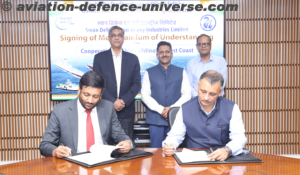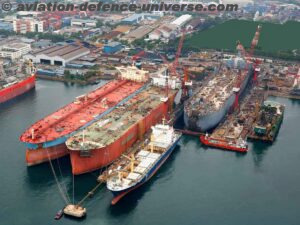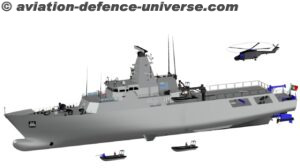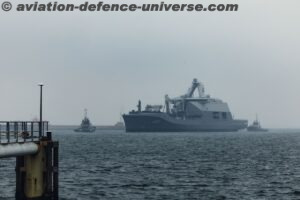NEW DELHI, 23 July 2019: Mr Mansukh L Mandaviya, MoS (IC) for Shipping and MoS for Chemical and Fertilizers today said that India will have a greater voice at International Maritime Organization (IMO) even as it works towards complying with the IMO 2020 regulations on limiting sulphur content of bunker fuel.
Speaking at the conference on ‘Fueling the Maritime Sector: IMO 2020 and Beyond’ organized by FICCI, Mr Mandaviya said, “As a stakeholder and government, India is committed to comply with the IMO’s decision to reduce the sulphur content in the shipping fuel. But we need to ascertain whether India was part of this decision making.”
Mr Mandaviya said that the Prime Minister has created a respectable image for the country in the international arena and as India is recognized world over, it is crucial that the country participates in forums like IMO and get India’s voice heard.
“India being one of the major shipping nations, our role at policy making level has to be significant. We are an important stakeholder in this space and therefore need to play a proactive role. This time I will personally like to participate at the IMO deliberations,” he said.
He further added, “We must adopt new technologies and ensure that the maritime sector is compliant with global norms. The maritime sector provides employment to a large number of people. We need to increase the number of seafarers in the country.”
Mr Sanjay Bandopadhyay, Additional Secretary, Ministry of Shipping, Government of India said, “Shipping is an important sector for the government, and we are trying to bring in policies to help the sector.”
Captain Anil Kishore Singh, Chairman, FICCI Sub-Committee on Inland Waterways and CEO (Inland Waterways), Adani Logistics Ltd said India’s maritime sector is on a high growth path, mainly due to measures taken by the government like Sagarmala, which promotes port-led infrastructure development in the country.
Mr Poul V Jensen, Director, European Business and Technology Centre (EBTC) said that more than 80 per cent of the global trade is carried out by shipping.
Mr Davinder Sandhu, Partner & Transport Sector Leader, Head, International Financial Institutions Infrastructure, Government & Healthcare, KPMG India said that this forum provides an ideal opportunity for all stakeholders to brainstorm the way forward to meet IMO’s de-sulphurization targets by 2020 and the de-carbonization targets by 2050.
FICCI-KPMG knowledge paper, ‘Fueling the Maritime Sector: IMO 2020 and Beyond’, was also released during the event. The paper highlights using no sulphur or using technologies to treat burnt sulphur so that emission norms are met. The paper further states the necessary steps to be undertaken by the Indian government to meet IMO 2020 regulations.
“With 1 January 2020 inching closer, India needs to expedite progress on assessing the current level of preparedness, develop national policies and provide implementation guidelines for the shipping industry for smooth transition to compliance with IMO 2020,” the knowledge paper said.

































































































































